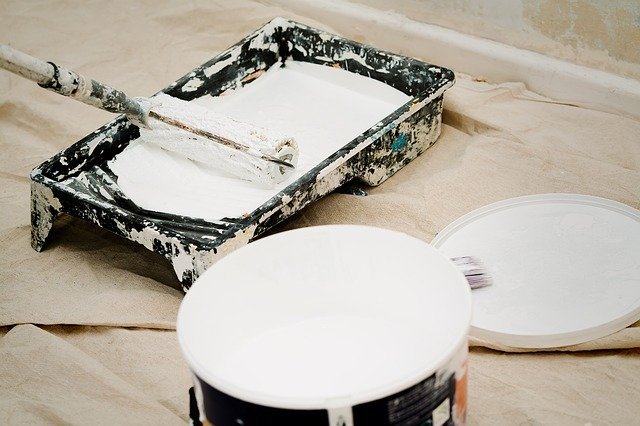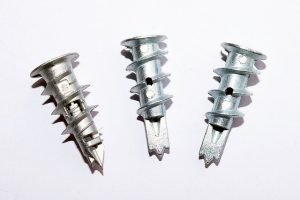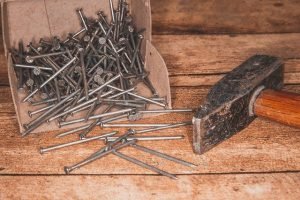
Not everyone knows a lot about working on HVAC systems. This can cause problems when issues arise.
If problems arise with the HVAC system, check out your home before calling a contractor. This will help the repairman determine where the problem is.
Before selecting a HVAC repairman, know what you need done. A contractor will not be able to give you an accurate price without accurate information about your system. It will be more difficult for him to assist you over the phone without the information readily available. It’s a good idea to learn this information in advance.
Know what work you need before you select an HVAC contractor.It will be hard for a contractor to give you a price estimate on the phone if they have not seen your current system. It will be way more hard if you over the phone without the information readily available.
Clean your condenser’s fan blades and coils each spring to ensure that your condenser fan operates at it’s best. Clean the outside of your condenser unit.
Clean the fan blades and coils prior to summertime. Make sure your power is off before doing more than cleaning, such as working on the unit. Leaves and debris can build up inside the unit and cause damage.
Clean the debris on your outdoor condenser units. Debris can pile up after a storm, and this can foul up the inner workings of your system.It could overheat and cause your unit.
Your HVAC unit may suffer when your trees start to lose leaves. Make sure the unit’s fan grill is cleaned often during the leaves begin to fall. The fan must not have anything in the way so that air can flow into it, and if debris is blocking this air flow, you’ll have a lot of headaches eventually.
Clean the debris off your outdoor condenser unit. You can never tell when things will pile up, especially following rain or wind storms. These can wreak havoc on your units. It can get overheated, which will cause problems with the whole system.
Sae 20 Oil
Lubricate your condenser once each year. You will notice these ports covered with rubber or metal cap covering them. Use SAE 20 oil that is non-detergent and lightweight, detergent-free SAE 20 oil, but make sure to avoid overfilling them.
When spring rolls around, give the condenser fan blades and coils a good clean. Before you do so, shut off the power to ensure that none of the parts will move while you work on it. Then take off the grill, take the blades out, and gently clean them.
Put outdoor units in places with shade.
Make sure your HVAC system checked at least twice a year. This should happen in the fall and again in the spring.
The HVAC unit in your home can become damaged from falling leaves. Be sure to clean your fan grill frequently when trees nearby are shedding. The fan needs to be able to get proper air inside without any blockages, and extra blockage can later develop into more serious problems.
It is a good idea to swap out single pane windows for double panes. This will also helps keep it warm in the winter.
During the service check, the contractor will oil parts, oil the unit’s moving parts and ensure the unit has proper freon levels. These repairs will help your system running smoothly.
Your HVAC system should be checked a few times a year. The normally recommended time for HVAC system inspections is once before the peak cooling season when it gets hot and you’ll be using your AC, and once before the peak heating season, during the cold months when you’re likely to be using your heat. Even if you can’t see anything wrong, checking it may help you locate and repair some possible issues.
Look for calculators online to help you determine the size of unit you need for your room or home. Look in the manual to determine the manufacturer website for this information.
A failed HVAC system can be a problem that every homeowner fears. But, taking time to study the topic makes the process much easier. By choosing to follow the great advice from the above article, any homeowner can quickly resolve issues in a prompt and affordable manner.
During cold weather , be sure to turn off outdoor condenser units. When the temperature drops beneath 60 degrees, it’s time to cut off the unit to prevent damage. This will ensure your system works well each year, which could save you quite a bit in repair costs.



